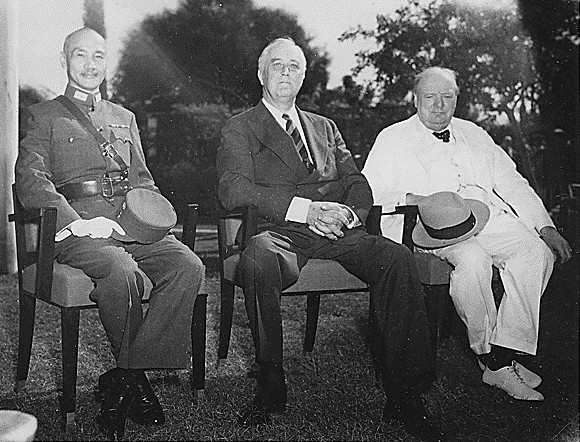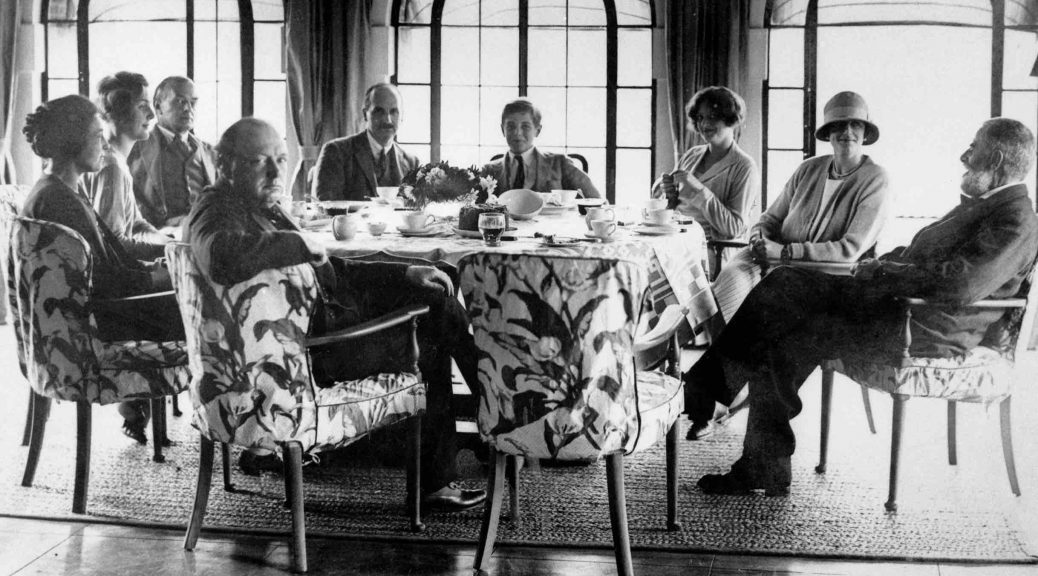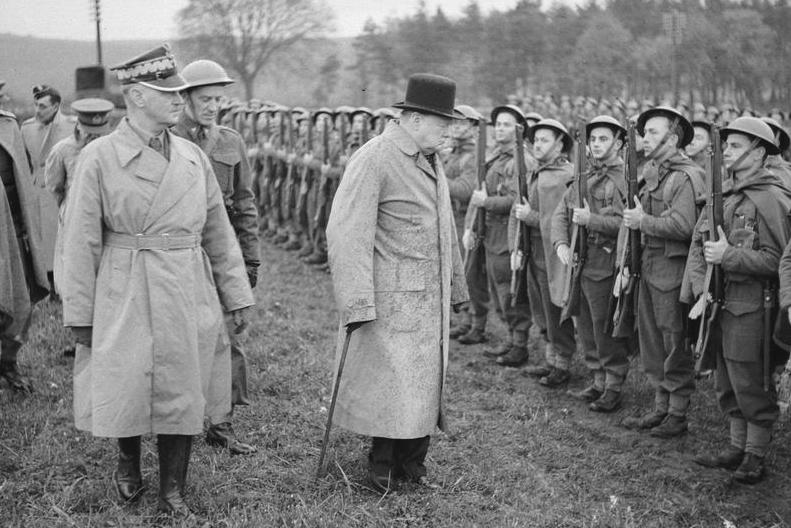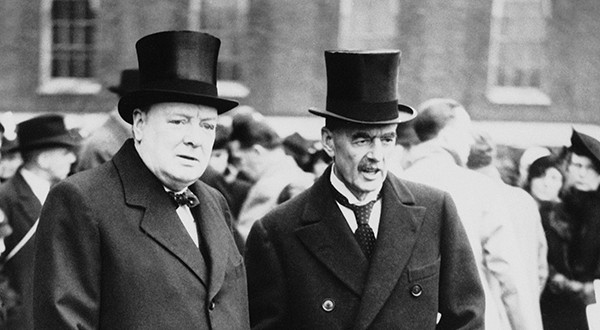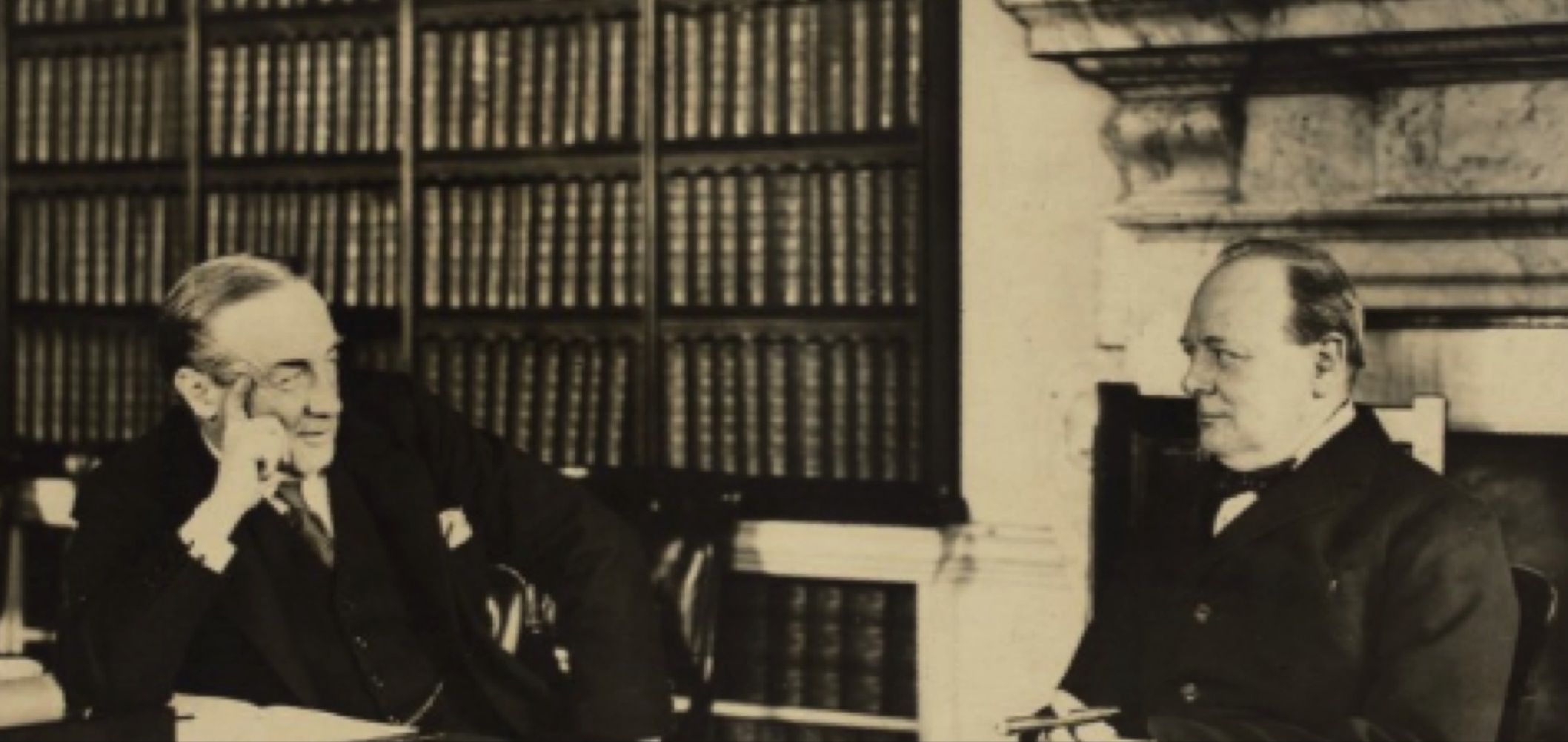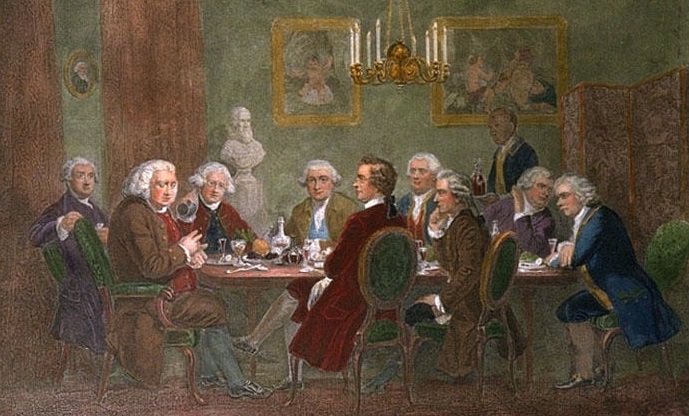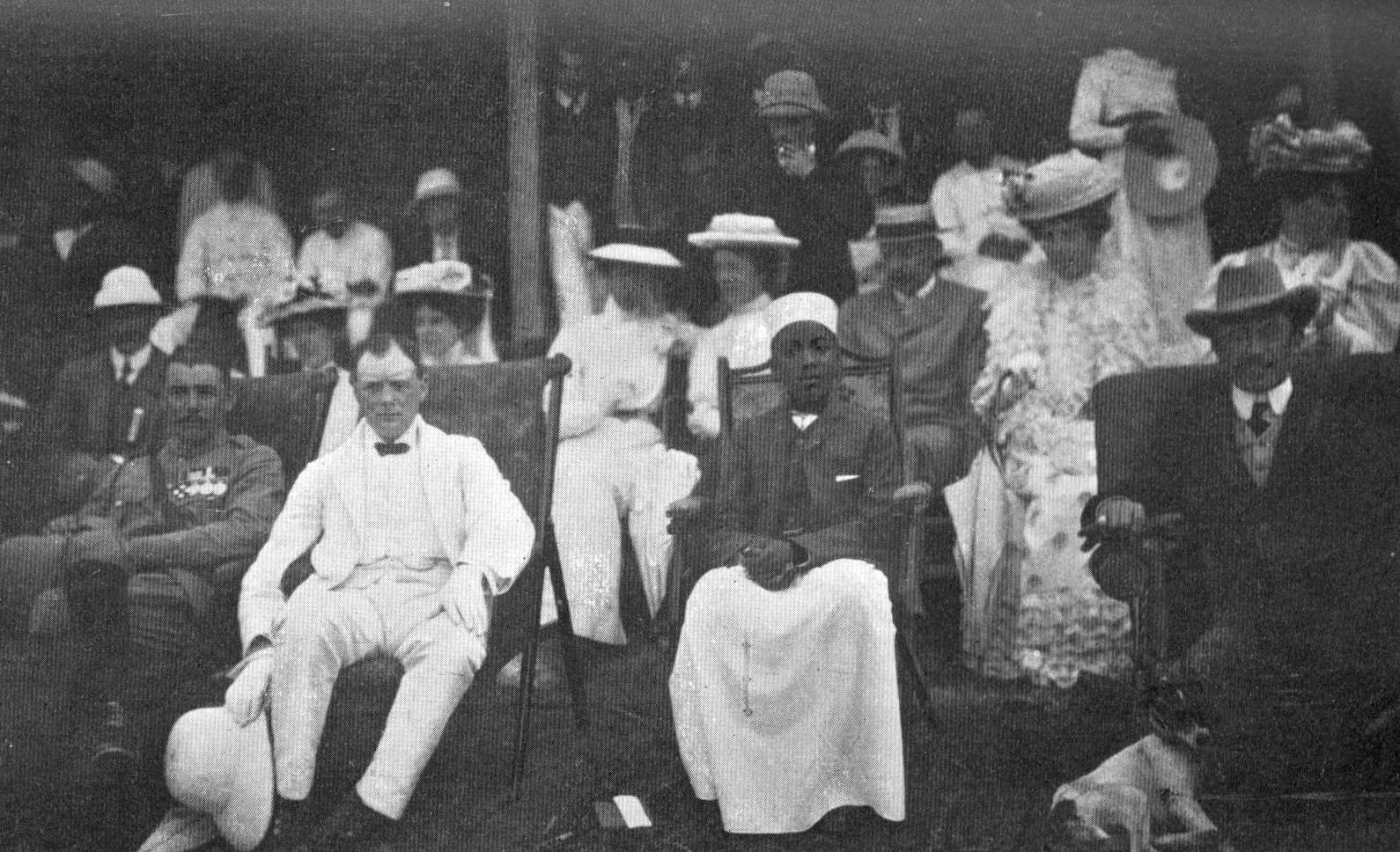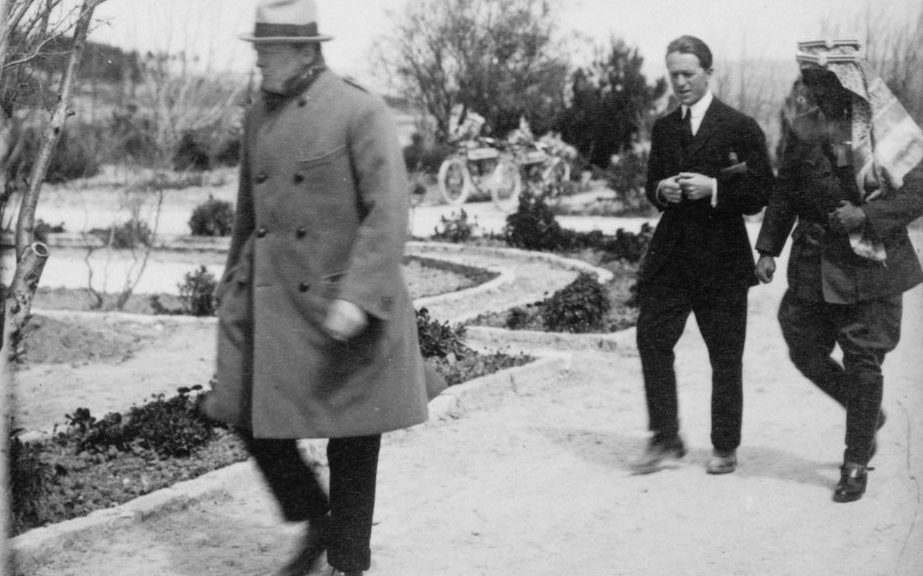
Q&A: Churchill at the Stroke of a Pen: Jordan and the Indian Army
Excerpted from “Creating Jordan with the Stroke of a Pen on a Sunday Afternoon,” Hillsdale College Churchill Project, August 2021.
Q: On creating TransjordanWhat is the veracity of this alleged quote by Churchill, which has many versions? “In his later years, he liked to boast that in 1921 he created Transjordan (6/7ths of the British Palestine Mandate, today’s Kingdom of Jordan, ‘with the stroke of a pen, one Sunday afternoon in Cairo.’” The source cited by The New York Times is “Borderlines and Borderlands: Political Oddities at the Edge of the Nation-State,” edited by Alexander C.…

